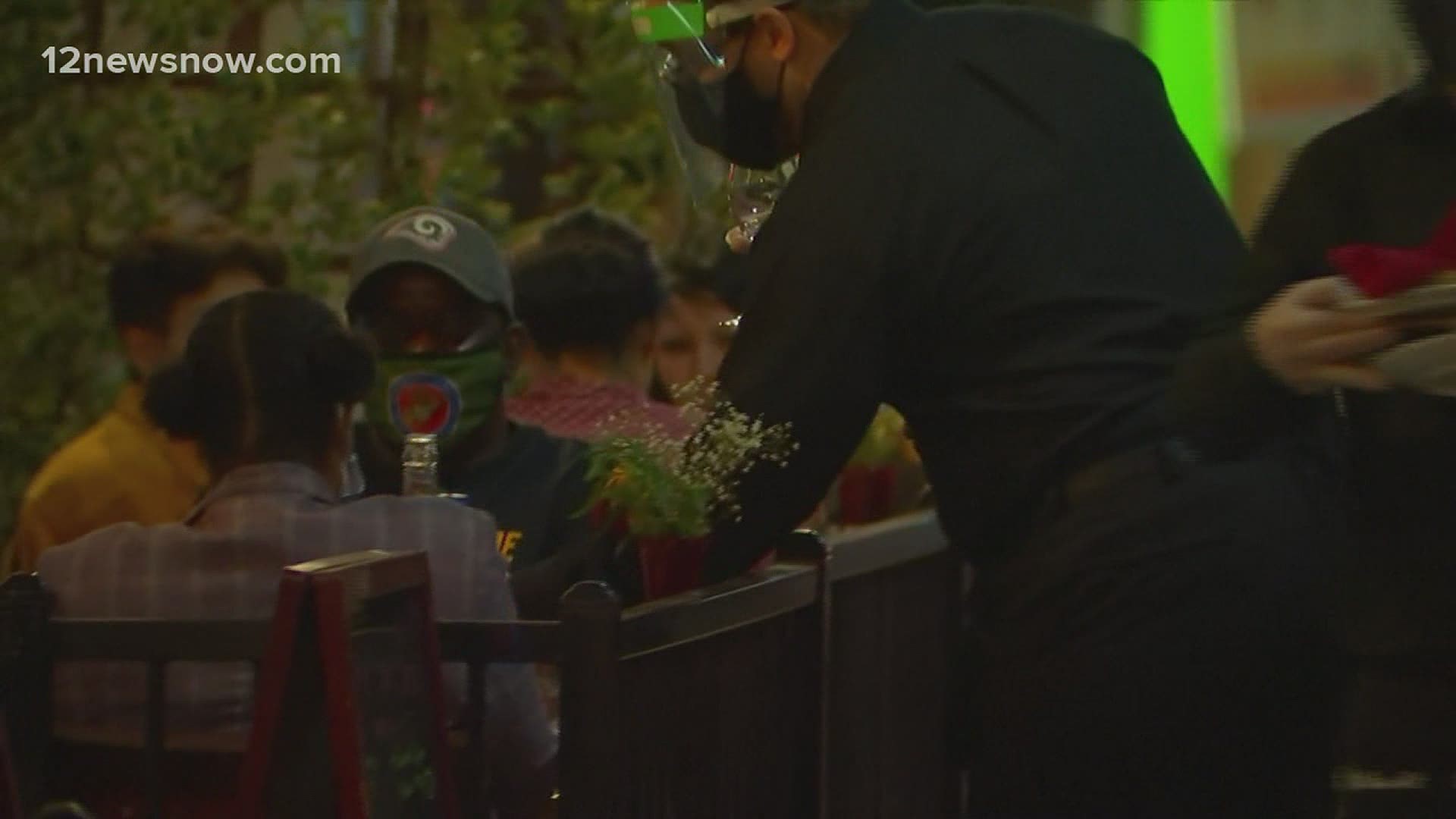BEAUMONT, Texas — As COVID-19 cases continue to rise in Southeast Texas another county level official has tested positive for the virus.
Tyler County Judge Jacques Blanchette tested positive recently for the coronavirus, according to a November 30 Facebook post by the Tyler County Office of Emergency Management.
The judge "appreciates your prayers and support during this time," according to the post.
"I was not confident, the way I felt yesterday, that I was going to survive," he said in a phone interview Dec. 2. "I'm telling you, it's a hundred percent contrast today. I'm confident that I will live."
Blanchette said he felt much better after receiving an IV treatment.
More than 300 Tyler County residents have contracted the virus so far and nine deaths in the county have been reported as related to COVID-19.
The symptoms of coronavirus can be similar to the flu or a bad cold. Symptoms include a fever, cough and shortness of breath, according to the Centers for Disease Control.
Most healthy people will have mild symptoms. A study of more than 72,000 patients by the Centers for Disease Control in China showed 80 percent of the cases there were mild.
But infections can cause pneumonia, severe acute respiratory syndrome, kidney failure and even death, according to the World Health Organization. Older people with underlying health conditions are most at risk.
The CDC believes symptoms may appear anywhere from two to 14 days after being exposed.
Human coronaviruses are usually spread through...
- The air by coughing or sneezing
- Close personal contact, such as touching or shaking hands
- Touching an object or surface with the virus on it, then touching your mouth, nose or eyes before washing your hands.
Help stop the spread of coronavirus
- Stay home when you are sick.
- Eat and sleep separately from your family members
- Use different utensils and dishes
- Cover your cough or sneeze with your arm, not your hand.
- If you use a tissue, throw it in the trash
Lower your risk
- Wash your hands often with soap and water for at least 20 seconds. If soap and water are not available, use an alcohol-based hand sanitizer.
- Avoid touching your eyes, nose, and mouth with unwashed hands.
- Avoid close contact with people who are sick.
- Clean and disinfect frequently touched objects and surfaces.
- If you are 60 or over and have an underlying health condition such as cardiovascular disease, diabetes or respiratory illnesses like asthma or COPD, the World Health Organization advises you to try to avoid crowds or places where you might interact with people who are sick.


